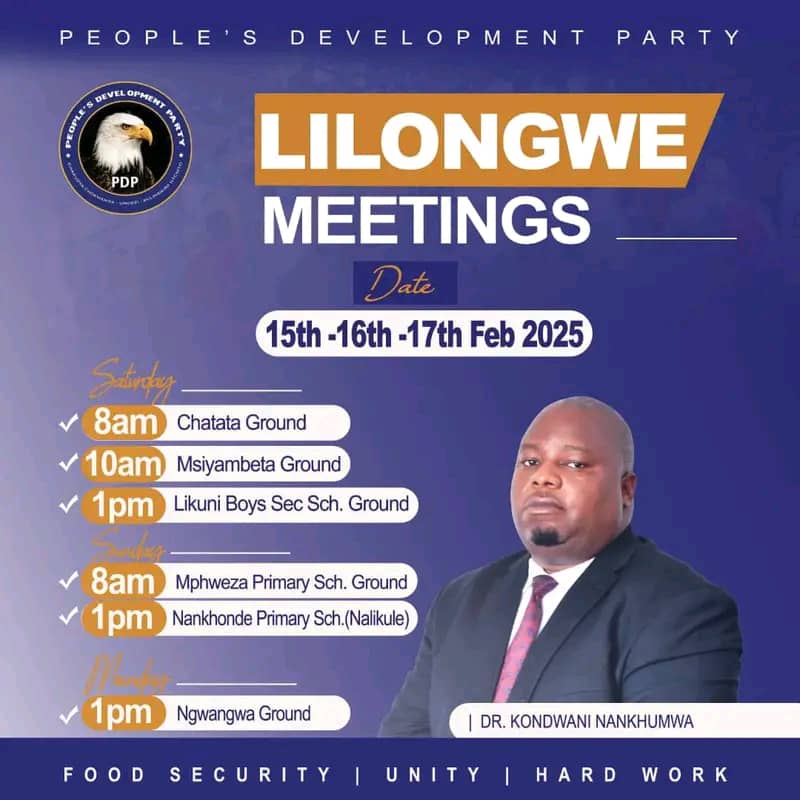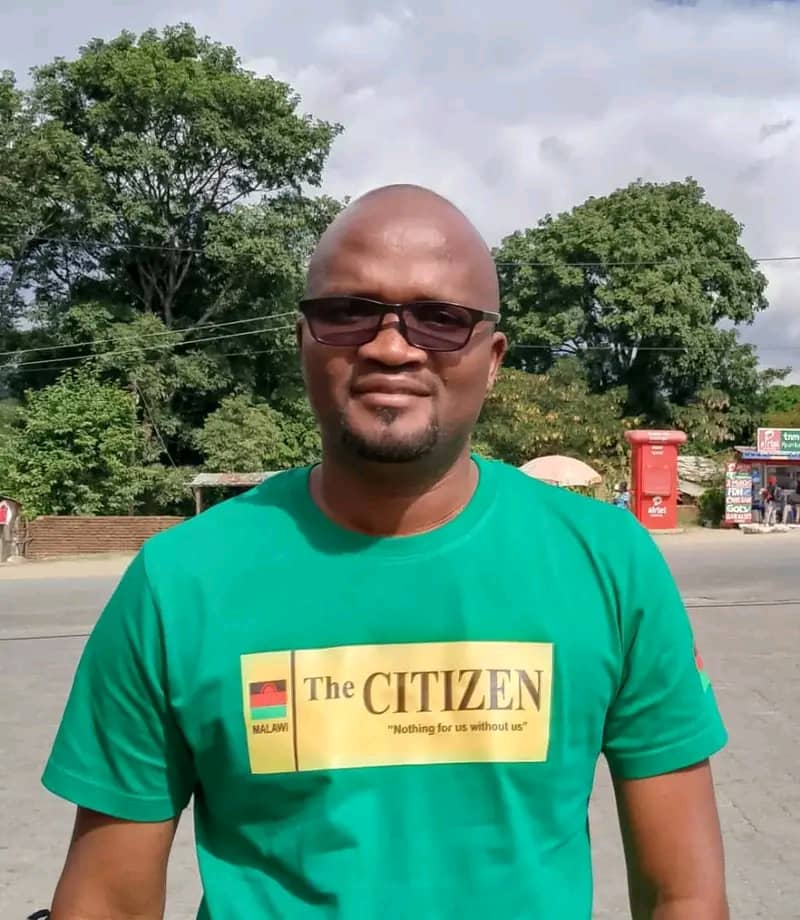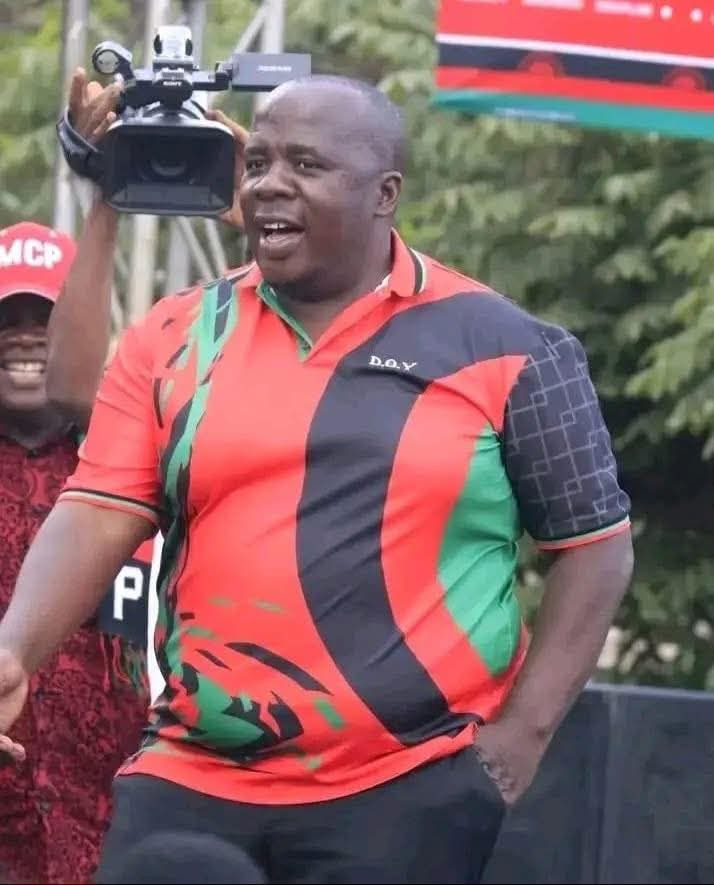By Burnett Munthali
In the ever-evolving digital landscape of Malawi, one name has emerged as a rising star—Bakili Muluzi TV. But who is behind this growing social media presence? To understand its significance, it’s crucial to examine the context in which it operates and its connection to one of the most influential figures in Malawi’s political history, former President Bakili Muluzi.
Bakili Muluzi TV has gained considerable traction as a social media entity that primarily focuses on political content, news updates, and discussions surrounding national issues. The name itself unmistakably links the platform to Bakili Muluzi, the former President of Malawi (1994-2004), whose influence on the country’s politics remains significant, even after more than two decades out of office.
Given Muluzi’s pivotal role in the democratization of Malawi and his continued presence in political discussions, it’s no surprise that a platform named after him would draw attention. The platform taps into the widespread recognition of Muluzi’s name and legacy, positioning itself as an important player in the Malawian political sphere. However, ambiguity surrounds whether Bakili Muluzi TV is directly affiliated with the former president or if it operates as an independent, fan-driven initiative. Regardless, the connection to Muluzi’s legacy is undeniable, and it plays a significant role in the platform’s appeal.
Bakili Muluzi TV’s content mainly revolves around political discourse, social issues, and public opinion. The platform engages users through live broadcasts, interviews, and in-depth commentary on the state of the nation. Its coverage of political developments, governance debates, and reactions to major events has made it a go-to source for many Malawians who wish to stay informed about the country’s political landscape.
Despite Muluzi’s absence from active office, his political influence remains tangible. The name “Bakili Muluzi” continues to evoke the era of democratic reforms, marking the shift from a one-party state to the multi-party system that Malawi enjoys today. Bakili Muluzi TV has skillfully woven this legacy into current political discussions, ensuring that the former president’s name remains a touchstone in ongoing political debates.
The platform also stands out for offering a space where both supporters and critics of Muluzi can voice their opinions. This inclusive approach—welcoming diverse political viewpoints—has contributed to its growing popularity as an open forum for political debate. It’s not simply a space for praise but one where scrutiny and critique are equally invited.
In Malawi’s politically polarized environment, Bakili Muluzi TV has emerged as a critical platform for political engagement outside the filters of traditional media. With more Malawians gaining access to smartphones and the internet, social media platforms like Bakili Muluzi TV have become crucial in shaping public discourse. This is especially important for the country’s youth, many of whom feel disenfranchised by the political establishment and are turning to platforms like Bakili Muluzi TV to express their concerns.
Beyond fostering political discussion, Bakili Muluzi TV also serves as a tool for political advocacy. The platform’s focus on political issues has made it an occasional rallying point for political causes and agendas. From discussing election news to analyzing public policy, Bakili Muluzi TV provides a space for critical commentary on the issues that matter most to Malawians, further enhancing its influence in the political landscape.
Malawi, like many other African nations, has seen a rapid increase in social media use in recent years. With a young, tech-savvy population, platforms such as Facebook, Twitter, and YouTube have become essential for news consumption, social interaction, and political dialogue. Social media has evolved into an integral part of Malawians’ daily lives, shaping how they engage with news and public issues.
Bakili Muluzi TV is a prime example of this digital shift. As part of the broader trend of using social media for political engagement, the platform mirrors the growing role of digital tools in shaping public opinion. Traditional media outlets like newspapers and television continue to dominate, but social media platforms like Bakili Muluzi TV have proved to be effective in reaching a wider, more engaged audience. Its success reflects the shifting ways in which Malawians are consuming information and engaging with political debates in an increasingly digital society.
Like many prominent social media platforms, Bakili Muluzi TV has faced its share of controversy. Critics have raised concerns about the potential spread of misinformation, pointing out that social media platforms often lack the regulatory oversight present in traditional media outlets. The unverified nature of some content and the strong political tone of certain posts have raised questions about the accuracy and credibility of the information presented.
Additionally, Bakili Muluzi TV’s association with a prominent political figure has sparked further scrutiny. Some critics question whether the platform is being used to push a specific political agenda or if it genuinely serves the public interest. These concerns reflect broader debates about the role of social media in politics, especially in countries where media platforms can be heavily influenced by political allegiances.
Bakili Muluzi TV has become a powerful and influential social media platform in Malawi, particularly in political discourse. While it is closely linked to the name and legacy of former President Bakili Muluzi, the platform has expanded into a space for a wide array of political opinions and debates. As digital platforms continue to shape the future of political engagement, Bakili Muluzi TV is proving to be an integral part of Malawi’s evolving political landscape.
Whether viewed as a tool for political engagement or as a platform for advocacy, Bakili Muluzi TV’s influence is undeniable. As social media continues to play a larger role in Malawi’s political discourse, platforms like Bakili Muluzi TV will only become more significant, shaping the way political conversations unfold in the country.
As of now, Bakili Muluzi TV’s Facebook page has amassed 311,000 followers. This impressive following highlights the platform’s growing influence within Malawi’s social media space. While this number is likely to fluctuate over time, it is clear that the platform has successfully captured a dedicated audience, signaling its importance in the current digital landscape and in Malawian political discourse.




